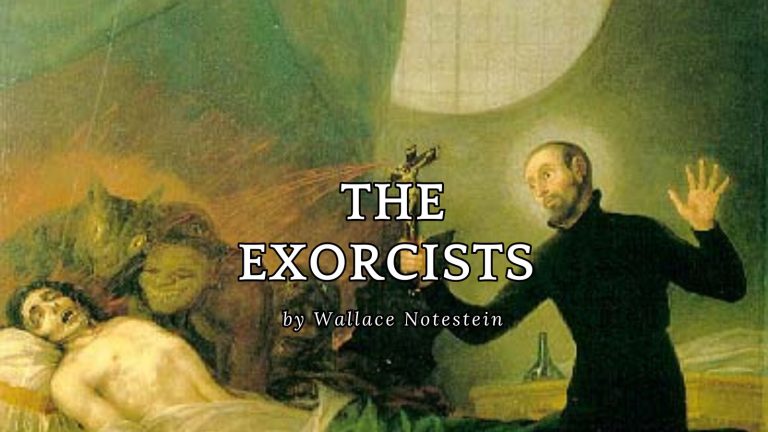 May 6, ’82.—We stand by Emerson’s new-made grave without sadness—indeed a solemn joy and faith, almost hauteur—our soul-benison no mere
May 6, ’82.—We stand by Emerson’s new-made grave without sadness—indeed a solemn joy and faith, almost hauteur—our soul-benison no mere
“Warrior, rest, thy task is done,”
for one beyond the warriors of the world lies surely symboll’d here. A just man, poised on himself, all-loving, all-inclosing, and sane and clear as the sun. Nor does it seem so much Emerson himself we are here to honor—it is conscience, simplicity, culture, humanity’s attributes at their best, yet applicable if need be to average affairs, and eligible to all. So used are we to suppose a heroic death can only come from out of battle or storm, or mighty personal contest, or amid dramatic incidents or danger, (have we not been taught so for ages by all the plays and poems?) that few even of those who most sympathizingly mourn Emerson’s late departure will fully appreciate the ripen’d grandeur of that event, with its play of calm and fitness, like evening light on the sea.
How I shall henceforth dwell on the blessed hours when, not long since, I saw that benignant face, the clear eyes, the silently smiling mouth, the form yet upright in its great age—to the very last, with so much spring and cheeriness, and such an absence of decrepitude, that even the term venerable hardly seem’d fitting.
Perhaps the life now rounded and completed in its mortal development, and which nothing can change or harm more, has its most illustrious halo, not in its splendid intellectual or esthetic products, but as forming in its entirety one of the few (alas! how few!) perfect and flawless excuses for being, of the entire literary class.
We can say, as Abraham Lincoln at Gettysburg, It is not we who come to consecrate the dead—we reverently come to receive, if so it may be, some consecration to ourselves and daily work from him.
- How to Finish Your Novel! - April 3, 2025
- The Top 5 Books on Writing Every Writer Should Read - April 2, 2025
- 50 World War II Fiction Writing Prompts - April 2, 2025






